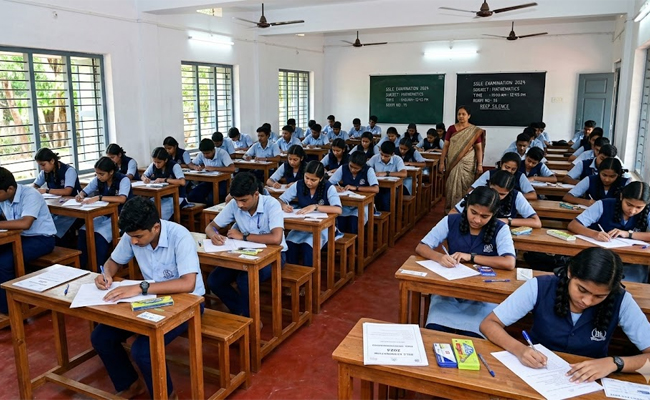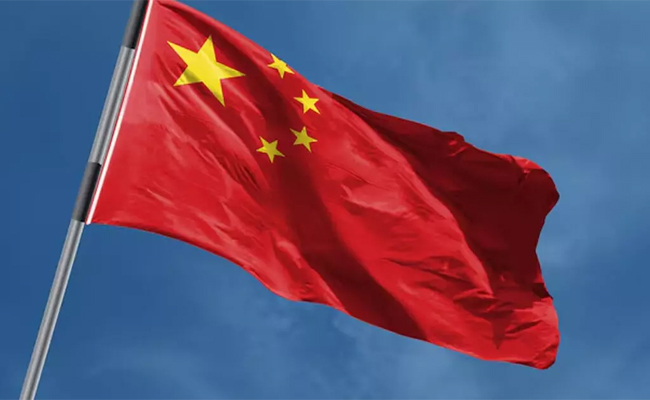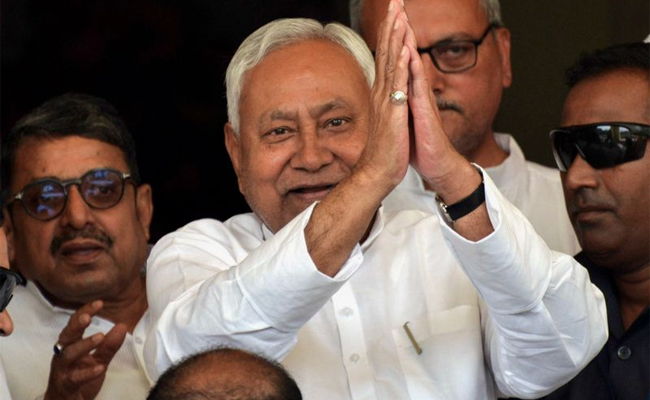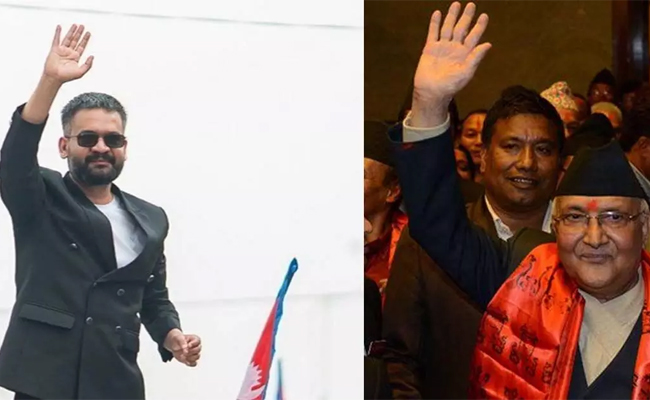New Delhi, July 27 : Facing intense scrutiny in India over the spread of misinformation and fake news on WhatsApp, its parent company Facebook has said it is waiting for a green signal from the government to roll out peer-to-peer payments feature for over 200 million users on the instant mobile messaging platform.
In an earnings call with analysts after reporting its Q2 2018 results, CEO Mark Zuckerberg said the company has been testing the payment feature on WhatsApp in India for some time.
"It gives people a really simply way to send money to each other and contribute to greater financial inclusion. The feedback and usage have been strong. All signs point to a lot of people wanting to use this when the government gives us the green light," Zuckerberg said.
Earlier this year, WhatsApp launched a beta version of its Payments feature in India for nearly one million users.
The move -- set to give a tough competition to market leader Paytm -- evoked criticism from digital payment services who sought fair play, claiming WhatsApp has custom-implemented Unified Payments Interface (UPI) system which is not secure and flouts norms laid out by the National Payments Corporation of India (NPCI) that has developed the UPI system.
Paytm founder Vijay Shekhar Sharma also demanded a level-playing field for all UPI-based apps.
Clearing the air on the issue of "lack of fair play", the NPCI in February said that the full-scale public launch of the feature will be permitted only after the Facebook-owned platform meets all the required norms.
"Currently, NPCI has given its consent to roll out WhatsApp BHIM UPI beta launch with limited user base of one million and low per transaction limit," said the corporation.
"Four banks will join the multi-bank BHIM UPI model in phases and full feature product shall be released after the beta test is successful," the NPCI added.
Beta testers in India found their WhatsApp interface displaying a large list of supported banks and they can see a payments feature appear in their WhatsApp Settings menu.
But there was no news from WhatsApp after that.
According to Zuckerberg who lost almost $17 billion within an hour after the company reported slow users' growth in Q2 2018, "we've broadened our focus to building this [Payments feature] for other countries so we can give more people this ability faster".
Hauled up this month by the Indian government on its failure to check the spread of fake and provocative content on its platform amid growing lynching episodes, the Facebook-owned platform on July 20 launched a test to limit message forwarding to five chats that will apply to its users in India.
At least 30 people have lost their lives by lynch mobs after rumours, including that of child lifting, triggered via messages on WhatsApp.
Let the Truth be known. If you read VB and like VB, please be a VB Supporter and Help us deliver the Truth to one and all.
Thiruvananthapuram (PTI): The SSLC (Class X) examination commenced in schools across Kerala on Thursday.
Kerala General Education Minister V Sivankutty wished students appearing for the SSLC examinations success and urged them to approach the tests with confidence.
Apart from the SSLC examination, the Plus One examination also commenced on Thursday, while the Plus Two examination will begin on Friday.
As many as 4,17,497 students are appearing for the SSLC examination, which is being held at 3,047 centres.
ALSO READ: Nitish likely to file nominations for Rajya Sabha polls
A total of 633 students have registered for the SSLC examination from the Lakshadweep region.
Similarly, 633 students have registered for the SSLC examination in the Gulf region, where the examination has been postponed due to the ongoing conflict in West Asia.
The examination will conclude on March 30.
According to the Education Department, valuation camps for the exam papers will be held from April 7 to April 28, and the results are expected to be declared in May.
Sivankutty, in a Facebook post, said examinations should not be viewed with anxiety but as an opportunity to express the knowledge students have acquired.
Noting that students are appearing for the exams after completing their studies with revised textbooks based on the New Curriculum Framework 2023, introduced after a gap of 11 years, the minister said the new evaluation system aims to assess 21st-century skills such as critical thinking, analytical ability and creativity.
He also assured students that there are no changes in the examination structure this year and cautioned them against attempts by some people to deliberately spread fear in connection with the exams, urging them to reject such messages with discretion.
He reminded students that the Class 10 examination is only a qualifying test for higher studies and that the government has ensured Plus One seats for all students in Kerala.
The minister further urged students to prioritise their physical and mental health during the exam period by maintaining proper sleep and food habits.
“This is not the last examination in life. A world of opportunities lies ahead of you. Enter the examination hall with a calm mind,” he said, wishing all students success.
As many as 4,11,025 students have registered for the Higher Secondary (Plus One) examination and 4,52,437 students for the Higher Secondary (Plus Two) examination, which will conclude on March 28.





